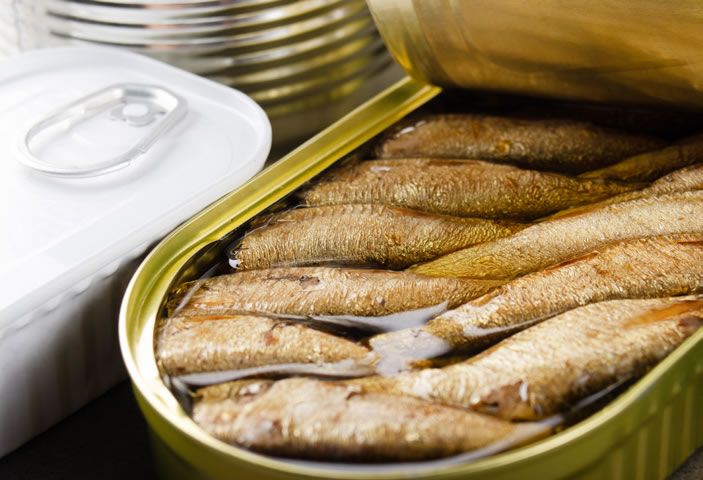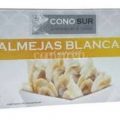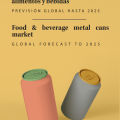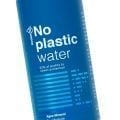Canned foods, can they be cooked in them?
Canned food is all the rage. The reason is very simple, they offer a wide variety of possibilities, from very elaborate gourmet recipes to others that are simpler and quicker to prepare. A whole range of possibilities that, together with the high quality of Spanish canned food, has led many restaurants to incorporate innovative dishes and tapas.
For those who don’t cook much they are a quick and efficient option. Many people, not very used to cooking, have found in canned food a solution to their daily menus. There are even those who cook the packaged food in its own metal container to avoid staining.
And that’s when the question arises: Are tin cans suitable for cooking in ovens at a temperature of 180°C or more, and boiling the cans in a bain-marie to cook a food? The metallic containers are 100% recyclable while maintaining their properties so that if the treatment withstands 180 degrees there should be no problem. What is not advisable is to cut or mould as it can leave the tinplate without varnish. of protection when exposed to the food and that can be harmful.
However, the treatment of the packaging should be taken into account, many of them, such as animal or dairy products, are subjected to a minimum sterilization of 120 degrees for their preservation and may withstand high temperatures for reuse. According to many studies, much of the canned food sold in canned cans retains most of its nutrients allowing much of the food sold in canned cans to retain most of its nutrients.
Although its great advantage is that they can be stored for a long time, and in case some circumstance prevents leaving home even to go shopping. With the current offer it is possible to create a complete, nutritious and balanced menu, just by opening a few cans, the choice is endless.
Some recommendations
Buy those that expressly state that they are low in sodium or have no added salt. When in doubt, there are some effective tricks to minimize risks. It is advisable to drain the liquid from vegetables and pulses, because this is where the main dose of salt is found, and also to wash them under the tap to reduce it. Research from the University of Tennessee (USA) concluded that draining reduces the sodium level by 36% and if it is also passed through water, by around 40%.
Another possibility is to buy the ones that expressly state that they are low in sodium or have no added salt. And there are always fewer in single-food cans than in cooked ones. When it comes to fruits, it is preferable to choose those preserved in water or in their own juice instead of syrup, which significantly reduces the amount of sweeteners and also the number of calories ingested.
A can of tuna of about 170 grams once drained contains approximately 4% of the total recommended daily salt and no sugar. It provides about 20 grams of protein, vitamin B12 and minerals such as iron, magnesium and zinc. In general, proteins, carbohydrates and fats are not affected in the preservation process. Neither do minerals and fat-soluble vitamins, such as A, D, E and K.











0 Comments